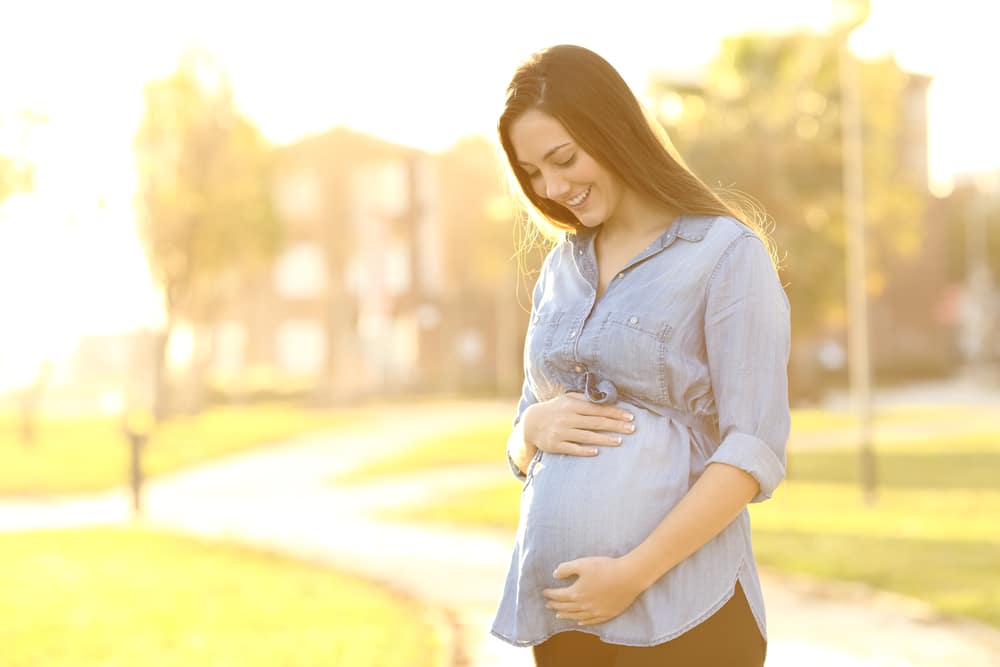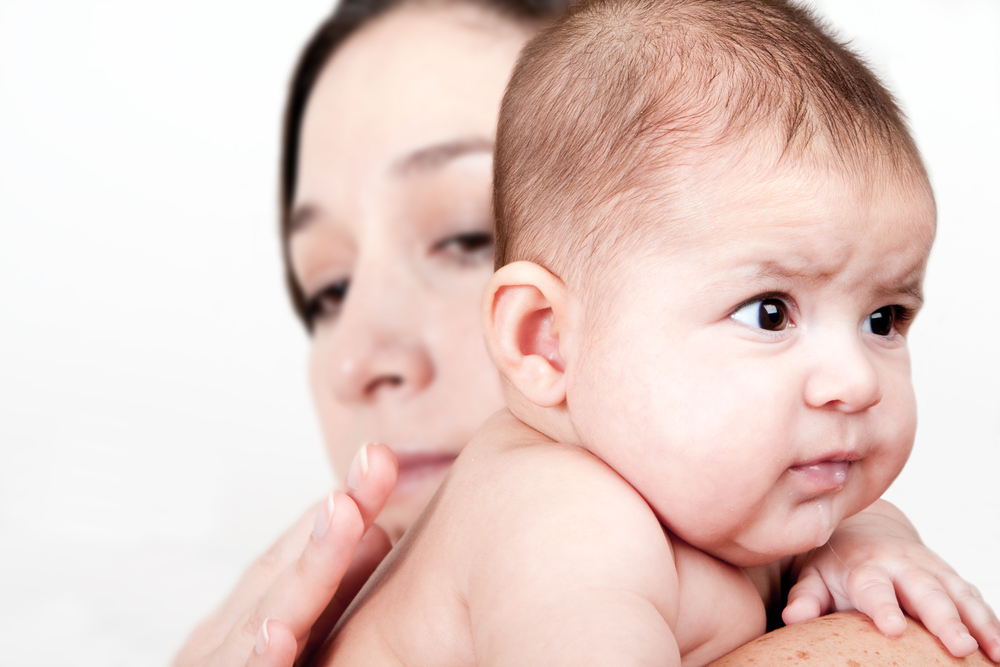Contents:
- Medical Video: Air Pollution And Mercury Linked To Autism | Well.org
- What is autism?
- The relationship between air pollution while pregnant with the risk of autism babies
- Conclusion
Medical Video: Air Pollution And Mercury Linked To Autism | Well.org
Surely you often breathe air pollution on the road. Smoke from various motorized vehicles, cigarette smoke, smoke from household activities, or smoke from industrial activities, all mixed into one on the street and you breathe. This certainly can pose a danger to health, especially for pregnant women. Research has proven that air pollution during pregnancy can trigger the risk of autism in infants.
What is autism?
Symptoms of autism usually appear during the first three years of life. Some children can also show symptoms of autism from birth. Initially the child may look like a normal child, but suddenly the child can show symptoms of autism at the age of 18-36 months.
Autism or also called autism spectrum disorder is a complex neurobehavioral condition that includes disorders of social interaction, language development, and communication skills combined with rigid and repetitive behavior. Autism is usually associated with genetic factors, but other factors can also contribute to autism.
Children with autism can have difficulty communicating, and it is also difficult to understand what others think and feel. They can also be very disturbed by sound, touch, smell, or a scene that seems normal to others.
The relationship between air pollution while pregnant with the risk of autism babies
A study from the Harvard School of Public Health shows that exposure to air pollution during high pregnancy, especially during the third trimester, can double the risk of babies with autism. The greater the exposure to air pollution, the greater the risk that mothers and prospective babies can receive.
This research was conducted by collecting data on the residence of participants during pregnancy. Exposure to air pollution in the mother's residence during pregnancy containing fine particulate matter PM2.5 (fine air pollution particles with a diameter of 2.5 micro or smaller) is associated with autism during pregnancy. In particular, more frequent exposure to PM2,5 during the third trimester of pregnancy can increase the risk of autism.
Other research also shows the same relationship between air pollution during pregnancy and the risk of autism babies. The research conducted by the University of Pittsburgh School of the Health Sciences proves that exposure to air pollution during pregnancy until a 2-year-old baby is associated with an increased risk of developing autism.
The research conducted in 2015 also links PM2.5 air pollution with the incidence of autism in infants. PM2.5 is so small that if inhaled it can reach the lungs and enter the bloodstream. PM2.5 includes dust, dirt, soot and smoke. Air pollution with a size larger than PM2.5 is proven to reduce the risk of autism babies.
In addition to PM2.5, compounds in pollution are also associated with the risk of babies experiencing autism. Analysis from Pitt Public Health shows the relationship between autism and increased toxicity from the air, including the content of chromium and styrene in air pollution.
Conclusion
Although autism tends to occur due to genetic factors from the family, there are risk factors that can increase the likelihood of a baby having autism. One of them is air pollution that mothers often breathe during pregnancy.
So, to prevent autism in your baby, it's a good idea to avoid breathing air with high levels of pollution, especially during your third trimester of pregnancy. Look for a place with clean air for you to recreation or just spend your free time. You can also use a mask when you are outdoors / on the road in an effort to reduce the pollution you breathe.












